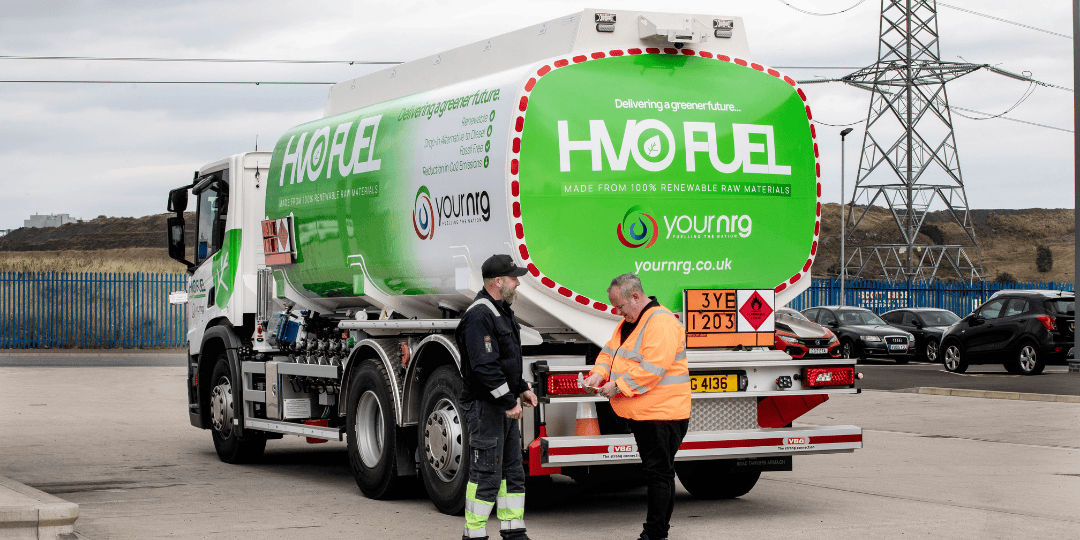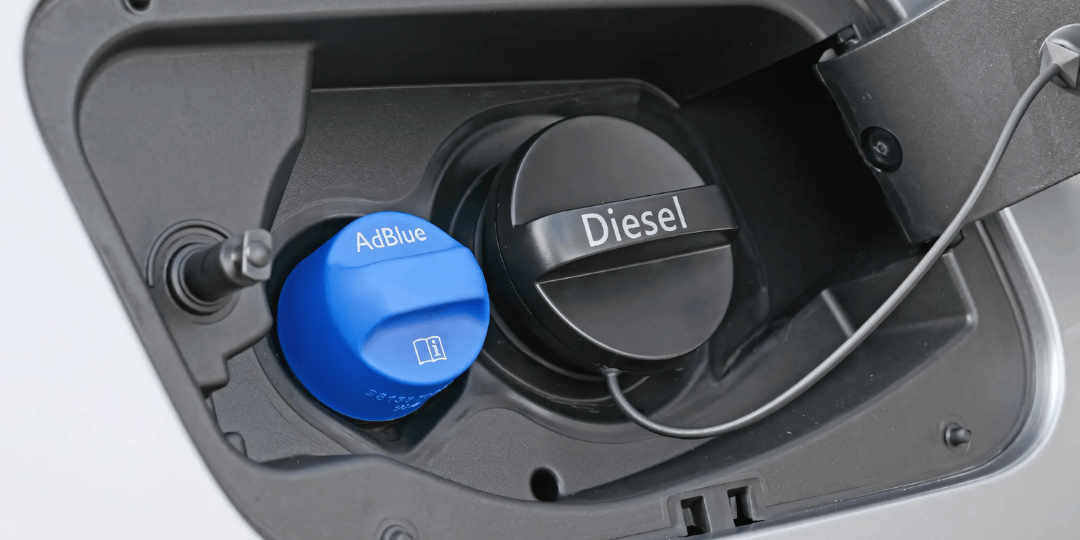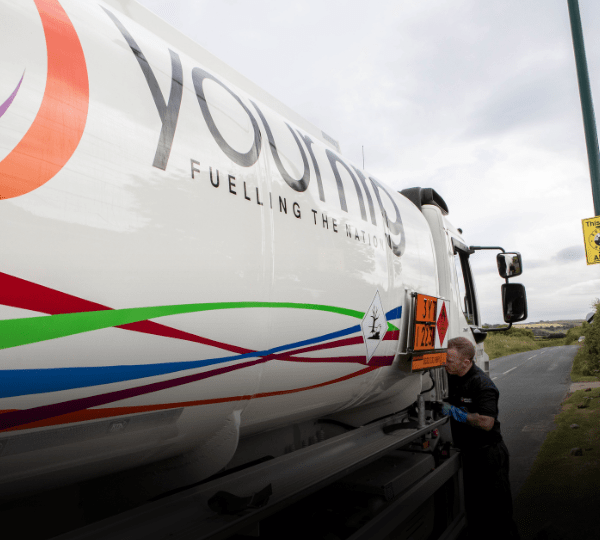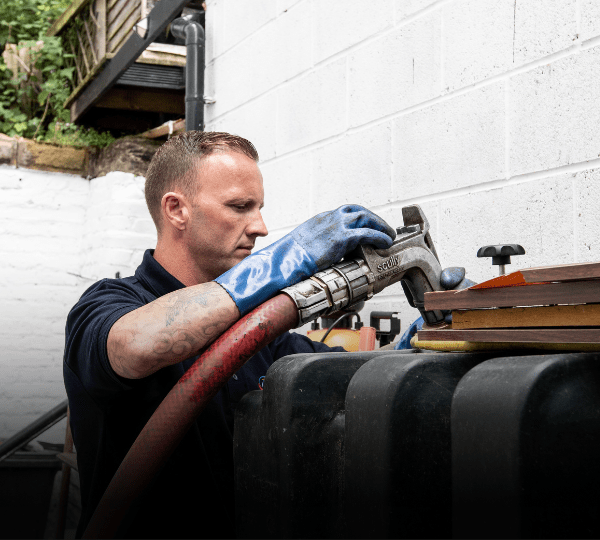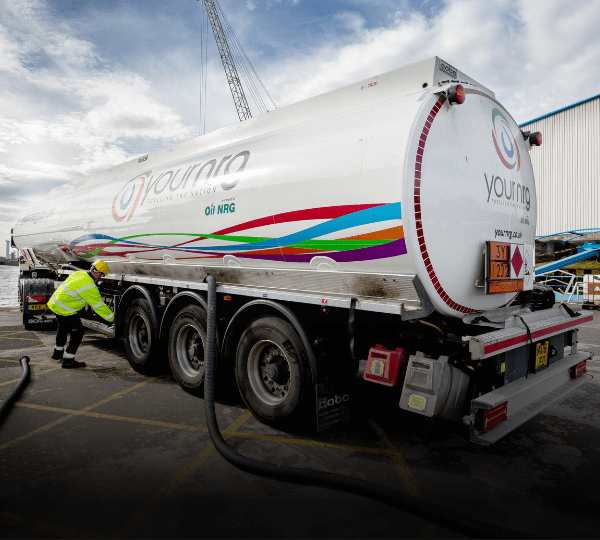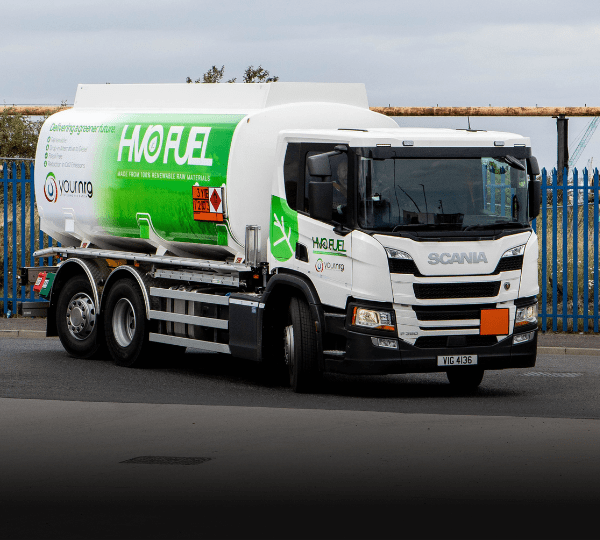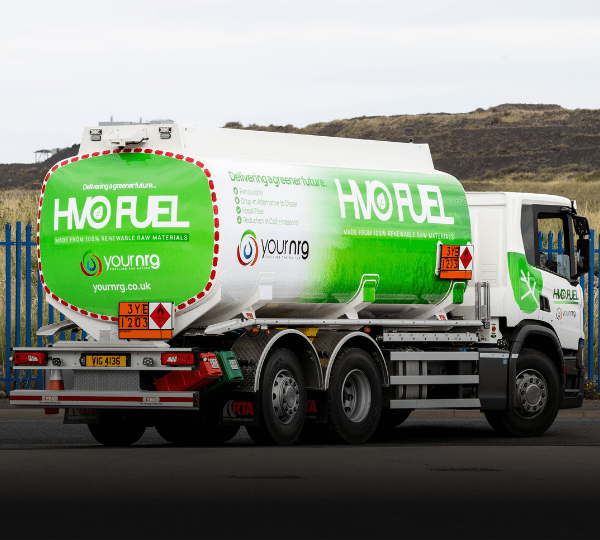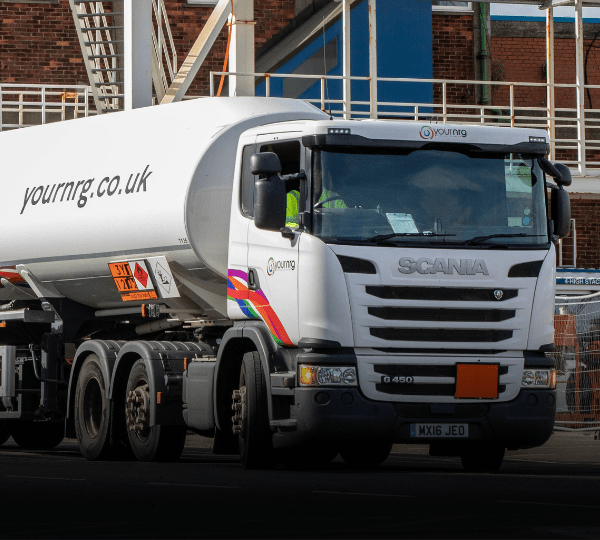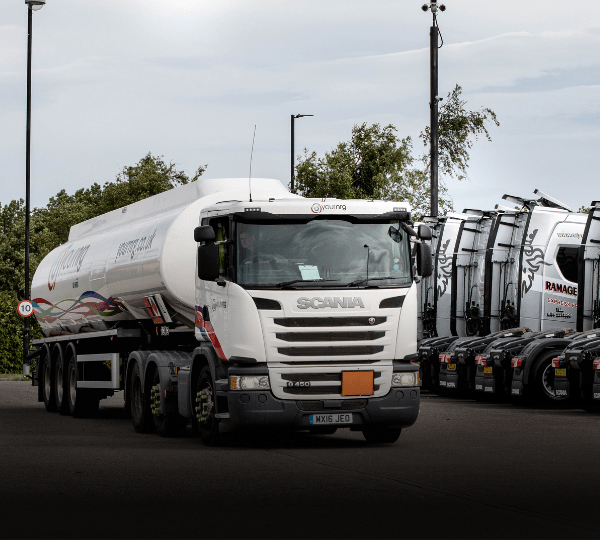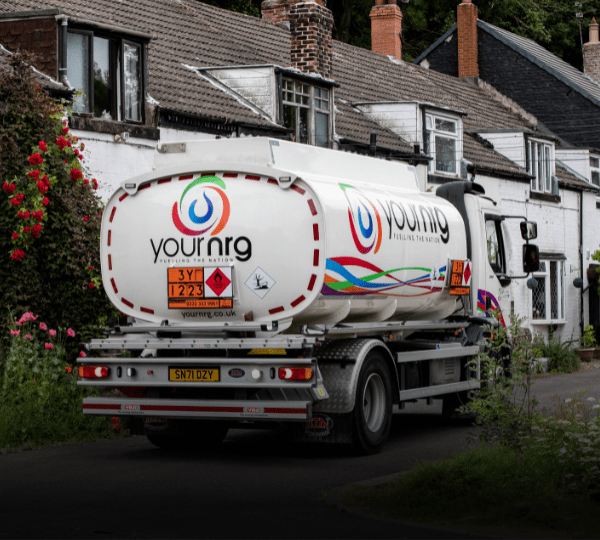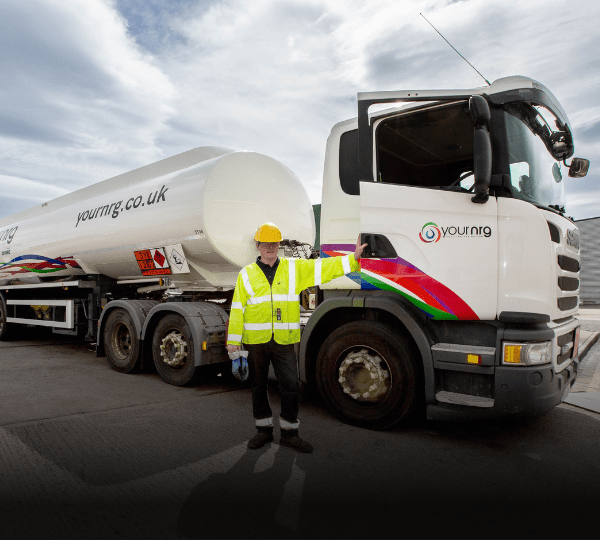Both are making waves as sustainable alternatives to traditional fossil fuels, but how do they stack up against each other? Whether you’re filling up a personal vehicle, running a fleet, or just checking out green energy solutions, let’s break it all down so you can decide which is the better fit for you.
Key Takeaways
- What are HVO Fuel and biofuel?
- How do HVO Fuel and biofuel compare?
- Raw materials and production
- Environmental impact
- Performance in diesel engines
- Cold weather performance
- How to choose the right fuel for you
- Fuel your future with Your NRG today!
What are HVO Fuel and biofuel?
HVO Fuel stands for Hydrotreated Vegetable Oil. It’s a type of renewable diesel made from things like animal fats and waste vegetable oils. The result? A super-clean-burning fuel that works just like regular diesel but without the same environmental impact.
Biofuel, on the other hand, is a broader category. It’s made from renewable sources like cooking oil, crops, and other organic materials. Biofuels include biodiesel and ethanol, and they’re often blended with regular diesel to create a more eco-friendly fuel mix.
Both aim to reduce harmful emissions, but how they’re made and how they perform are pretty different.
How do HVO Fuel and biofuel compare?
We know both HVO Fuel and biofuel are more sustainable options for everyday use, but how do they stack up when it comes to other important factors like performance?
Raw materials and production
HVO Fuel is made using advanced technology that transforms animal fats, used cooking oils, and other renewable waste materials into a high-quality, clean-burning alternative. It’s highly refined, meaning fewer impurities and better performance.
Biofuel uses renewable materials too, but the process is less complicated. This can sometimes lead to lower fuel stability or higher maintenance needs for engines.
Environmental impact
Both HVO Fuel and biofuel are designed to reduce CO2 emissions compared to traditional fossil fuels. They also both cut down on particulate emissions, helping to improve air quality.
That said, HVO Fuel has the edge because of its cleaner and more advanced production process. It’s more chemically refined and has fewer impurities. For you, this means cleaner combustion and reduced emissions when using it.
Performance in diesel engines
Diesel engines tend to handle HVO Fuel better than biodiesel. HVO Fuel is a near-perfect direct drop-in renewable alternative for conventional diesel, meaning it works well without causing engine performance issues. It’s also better for engine cleanliness, reducing build-up over time. Biofuel, while also effective, can sometimes lead to issues like clogged filters or reduced efficiency, especially in older engines. This is because biofuel can contain impurities or be more viscous than conventional diesel, which can lead to a build-up of residue in the fuel system over time.
Cold weather performance
A standout feature of HVO Fuel is how well it performs when the temperatures drop. Unlike traditional biodiesel, which becomes thick and gel-like in the cold, HVO Fuel doesn’t change, making it more reliable in freezing weather. So, whether you’re running a fleet or off-road vehicles, HVO Fuel can save you from the headaches that biodiesel might cause during winter.
How to choose the right fuel for you
If you’re considering switching to a greener fuel, here’s how to decide:
- Go with HVO Fuel if you want top-notch engine performance, clean-burning fuel, and reliable cold-weather use with long-term cost savings.
- Stick with biofuel if you want an immediately cost-effective, widely available option for reducing carbon emissions that can prove more costly in the long run.
Either way, you’ll be helping the environment and moving away from traditional fossil fuels.
Fuel your future with Your NRG today!
Whether it’s HVO Fuel, biofuel, or traditional diesel fuel, choosing the right one for you can make a big difference in reducing emissions and improving your engine’s performance. And no matter your fuel of choice, Your NRG has you covered. With affordable, reliable deliveries of domestic heating oil and commercial bulk fuel, we’re here to support your energy needs while helping you stay on track for a cleaner future.
Get in touch or use our quick online form today to get your HVO fuel quote.


